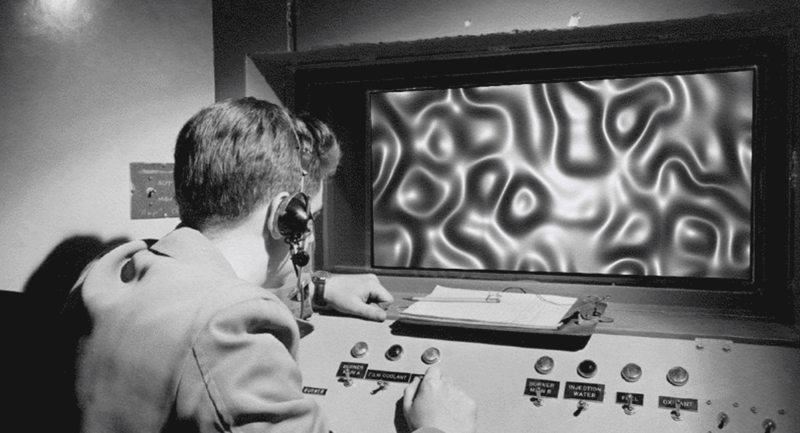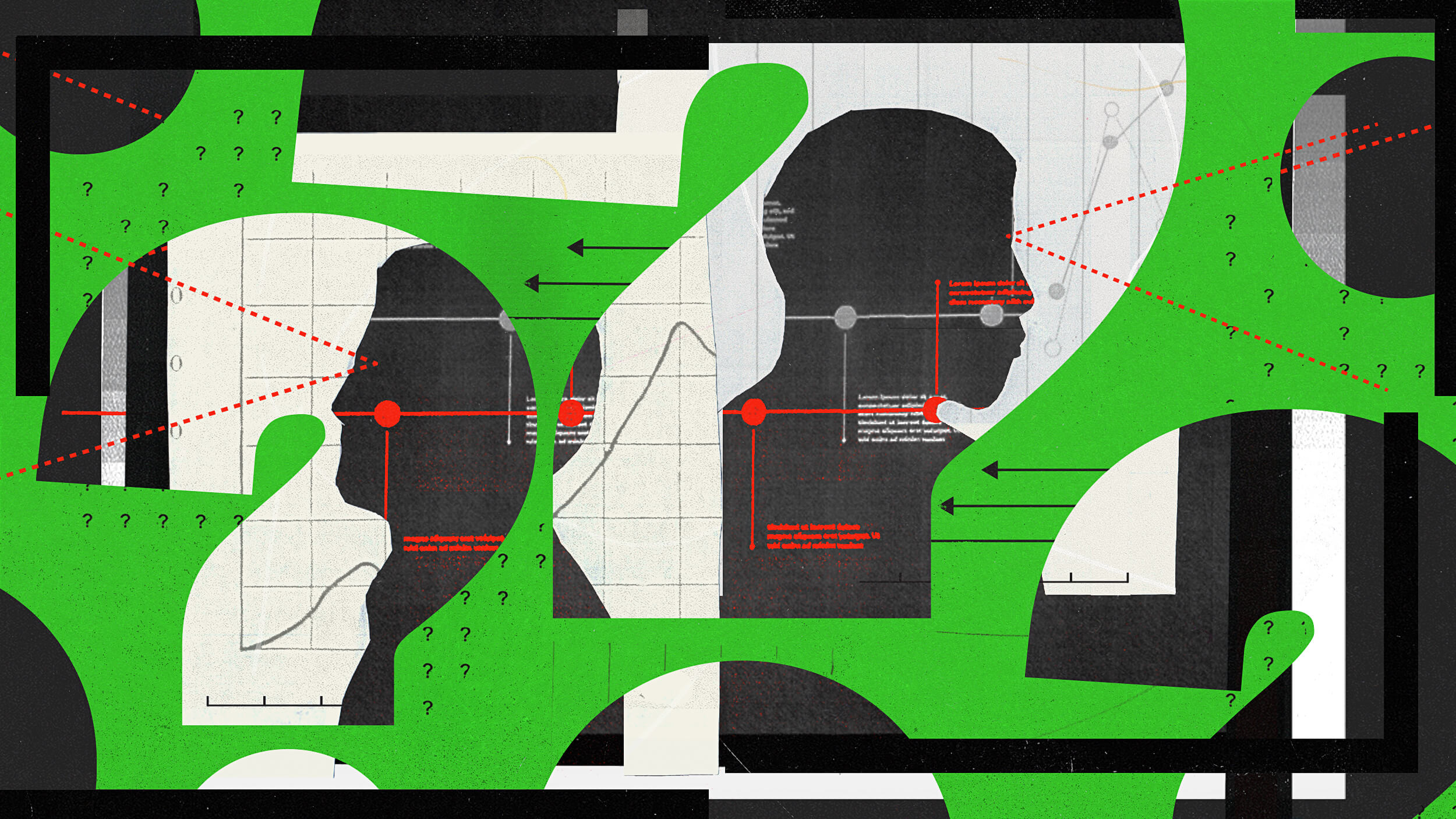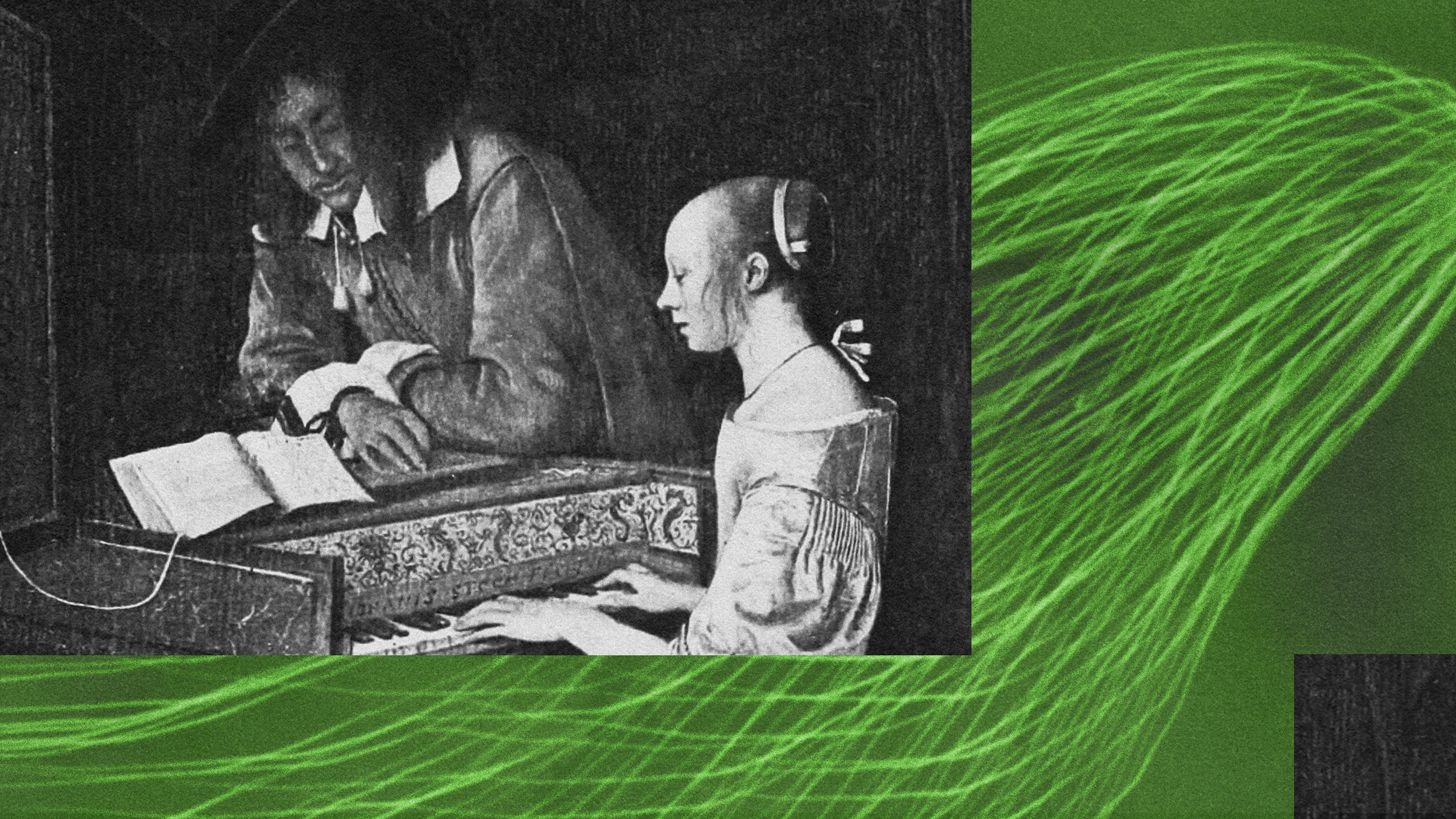Confidence is About Taking Action, with Claire Shipman

What does it mean to be confident? How is it defined in both professional and nonprofessional contexts? In co-authoring the book The Confidence Code, ABC News correspondent Claire Shipman was surprised at how profound a thing confidence can be in all facets of life. She explains her thoughts and offers a call to action in today’s featured Big Think interview:
Early in the interview Shipman mentions Sharon Salzberg, a Buddhist scholar and fellow Big Think expert. Salzberg’s simple definition of confidence really got Shipman thinking about how she leads her own life:
“[Salzberg] described confidence to us as a kind of energy. It’s an ability to move toward things wholeheartedly. To move toward challenges wholeheartedly without holding back. And that stuck with me first of all because I thought, ‘Do I ever do that? Do I ever move toward anything wholeheartedly without holding back?’ And how wonderful that sounds in all parts of your life. The ability to be able to just take that risk and jump into things and benefit from what it feels like to just leave your comfort zone and just do something and learn…”
Remember the question posed at the outset of this post? What does it mean to be confident? For Salzberg and Shipman, it’s possessing the ability to act without hesitance or fear, to pursue goals knowing that failure is not necessarily a bad thing. One of the main themes of The Confidence Code is how research has shown that professional women tend to be less confident in their competence than their male peers. Considering that women who aspire to be leaders are already at a disadvantage due to various social conditions, it doesn’t help to display a lack of confidence in one’s abilities — valid or not:
“For most women our confidence is not calibrated in the right way. We consistently underestimate what we’re capable of. And that leads to some consequences that you can imagine and are obvious, but it leads to just missed opportunities in many cases that we can’t even imagine because we are holding back and because we tend to say ‘I’m not ready for this.'”
Think of all the cumulative missed opportunities associated with not applying for an open position or electing not to submit a report or not stepping up to take on a larger role in some project. Think of all the people not asked on dates or the sports tryouts not attended or any of a hundred other examples of hesitance and inaction. Hidden within these situations are people who could have excelled if they only had the confidence to move toward their goals without holding back. This is why Shipman concludes her interview with a call to action for all those who handcuff themselves with apprehension, in particular women in the business world:
“Each time you act you are building more confidence. So you’re building and replenishing your store of confidence for the next challenge when you’re taking action, whether you succeed or fail. Because you’re having these experiences that are necessary — some failure is necessary and then the ability to recover from failure is necessary. But we don’t ever learn the ability to have grit and determination unless we’re recovering from failure. So really when in doubt, act.”
Confidence can be thought of like a muscle. Just because it’s weak now doesn’t mean it can’t be strong later. All you need to do is exercise it. Instead of push-ups, let action-based decisions be your reps. Build your confidence gradually so you’ll be ready to take on the more weighty challenges down the road. Don’t be afraid of failure; embrace lessons learned and commit yourself to further action. And most important, know that every time you replace, “I don’t know if I can,” with, “I can do this,” you’re influencing the perception of those around you.
As Shipman says: when in doubt, act. You’ll be glad you did.
This article is the sixth in a series brought to you in partnership with PwC. Previous posts include:
–Confidence Speaks Louder, with Michael Fenlon
–Carol Sawdye: Allow a Sense of Urgency to Propel Your Career
–Coaching the Next Generation of Women Leaders, with Amanda Mesler
–Tara Sophia Mohr on the Three Keys to Empowering Young Women
–Authenticity Will Close the Confidence Gap, with Claire Shipman
On February 27th, PwC will host a live webcast on developing great women leaders with ABC News’s Claire Shipman and her “The Confidence Code” co-author Katty Kay. Register here for the webcast, and follow the conversation on Twitter: #PwCAspire. Big Think will be featuring more related videos and other content throughout the month.





